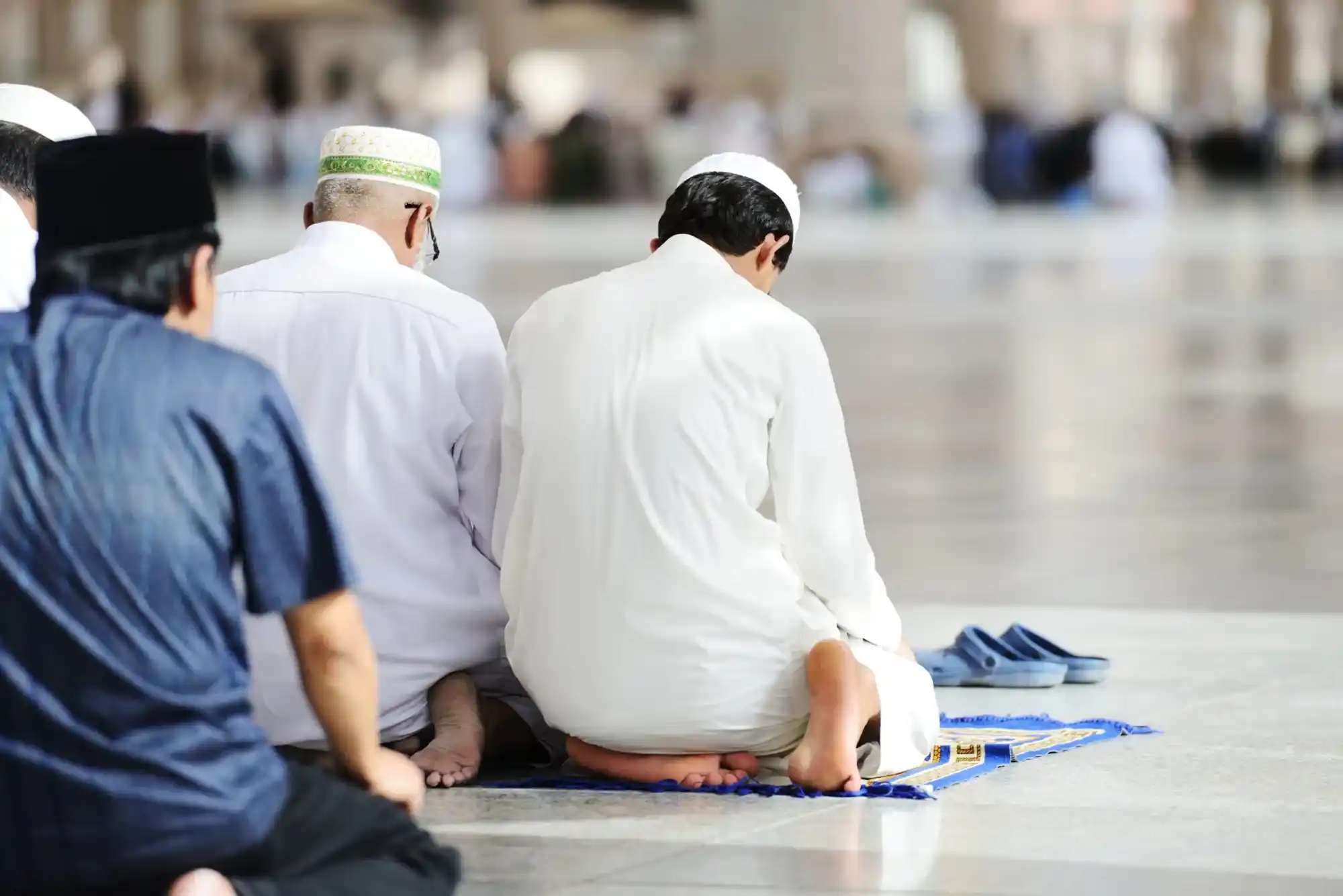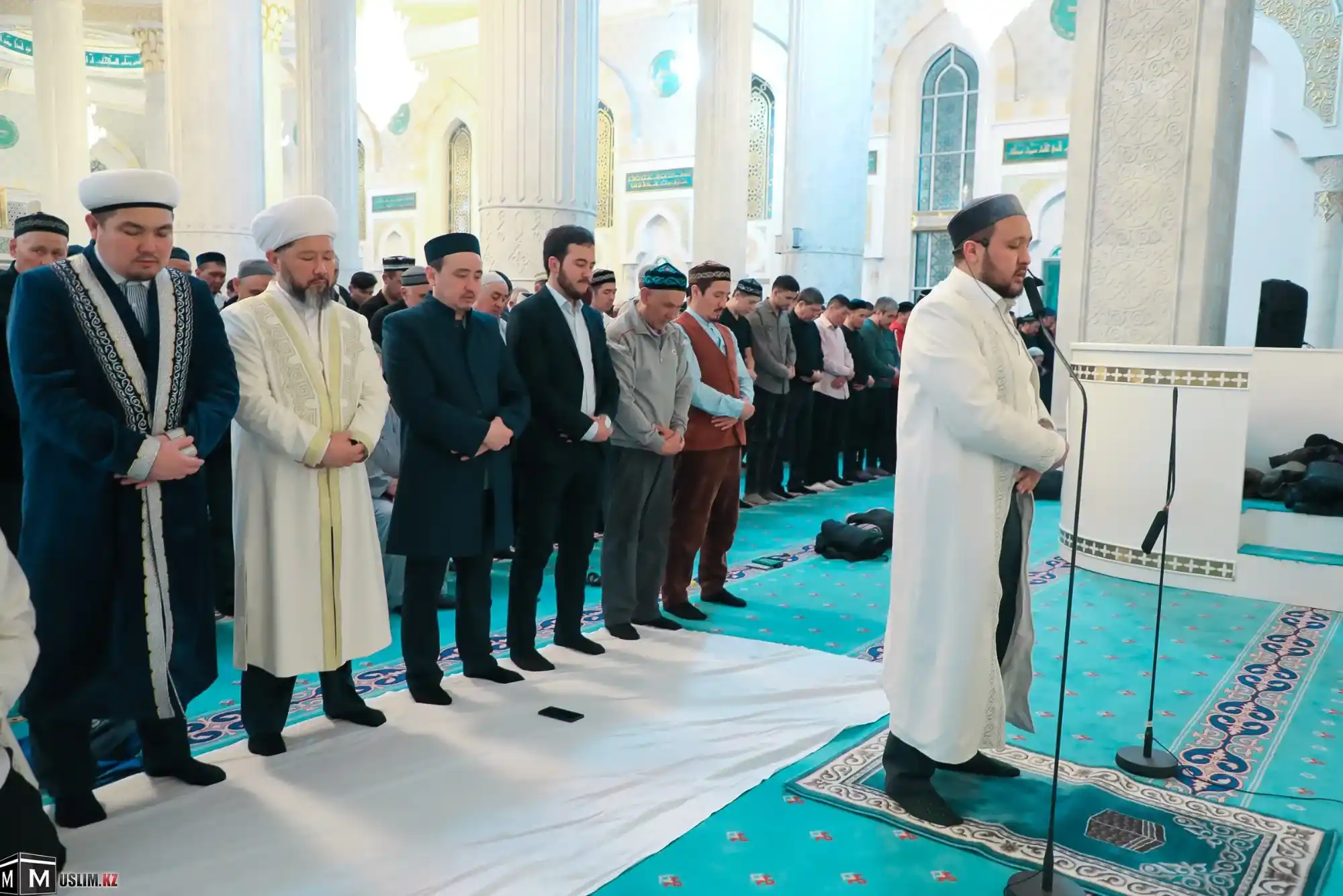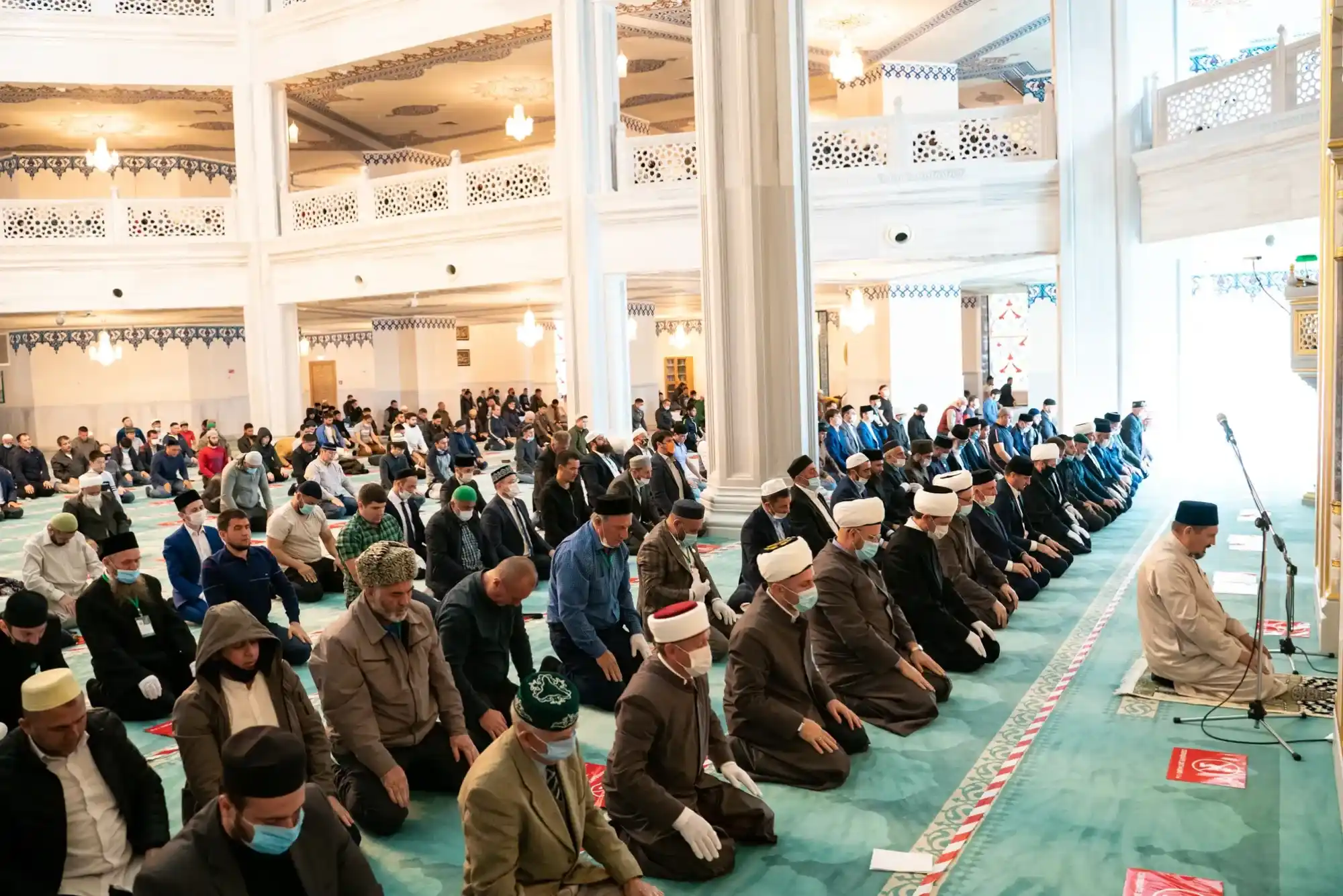Jummah, the Friday congregational prayer, holds immense significance in Islam. It is not just a weekly prayer but an act of worship that fosters unity among Muslims worldwide. Every Friday, Muslims gather to perform Jummah prayer, listening to a sermon (Khutbah) that imparts important lessons on faith, society, and individual responsibilities.
This article delves into the significance of Jummah prayer, the best practices for performing it, and how to check Jummah prayer time today across various countries. With the focus on devotion and punctuality, understanding the exact time for Jummah prayer is crucial for practicing Muslims.
Importance of Jummah Prayer
The Jummah prayer is one of the most significant acts of worship in Islam. According to the Quran, Allah commands Muslims to cease worldly engagements and head towards the mosque when the call for the Friday prayer is made.
“O you who have believed, when the call for the prayer on the day of Jumu’ah is proclaimed, hasten to the remembrance of Allah and leave trade. That is better for you if you only knew.” (Quran 62:9)
Attending Jummah not only offers spiritual benefits but also serves as a weekly congregation for the community, fostering unity and togetherness. It allows Muslims to reflect on their faith, hear religious sermons, and strengthen the bonds with fellow believers.
Jummah Prayer Time Today Across Different Regions

The Jummah prayer time today varies from region to region depending on the geographical location and local prayer times. As Muslims are expected to perform Jummah prayer in congregation, it is important to be aware of the exact time when this prayer is held.
In many countries, Jummah prayer time is scheduled between Zuhr (midday) and Asr (afternoon) prayers. However, specific times can change based on seasonal variations and regional practices.
General Timing of Jummah Prayer
Below is a table highlighting the approximate Jummah prayer time today for different major cities across the world:
| City | Approximate Jummah Prayer Time (Today) |
|---|---|
| Makkah, Saudi Arabia | 12:30 PM |
| Cairo, Egypt | 12:00 PM |
| London, UK | 1:00 PM |
| New York, USA | 1:15 PM |
| Karachi, Pakistan | 1:30 PM |
| Dubai, UAE | 12:15 PM |
| Istanbul, Turkey | 1:00 PM |
Please note that these are approximate times, and it is always recommended to check the local mosque for the exact Jummah prayer time today to ensure you attend at the correct time.
Preparing for Jummah Prayer
The preparation for Jummah prayer is both physical and spiritual. Here are some key practices recommended for preparing for the prayer:
- Performing Ghusl (Ablution): Muslims are encouraged to purify themselves by taking a full-body bath (Ghusl) before attending the Jummah prayer.
- Wearing Clean Clothes: Wearing clean and modest attire is important, as it reflects respect for the congregation and the sanctity of the prayer.
- Applying Perfume: It is a recommended Sunnah (prophetic tradition) to apply fragrance before heading to the mosque.
- Reading Surah Al-Kahf: It is encouraged to read Surah Al-Kahf, the 18th chapter of the Quran, on Fridays.
- Arriving Early at the Mosque: Attending the mosque early allows time to engage in additional prayers and listen to the Khutbah attentively.
The Khutbah: Central to Jummah
The Khutbah or sermon is an integral part of Jummah prayer. It consists of two parts:
- First Khutbah: The Imam discusses important religious, moral, or social issues. The Khutbah encourages reflection and spiritual growth, reminding believers of their duties to God and society.
- Second Khutbah: This is usually shorter and concludes with prayers for the Muslim community, seeking Allah’s mercy, guidance, and forgiveness.
The Jummah prayer itself is a two-rakat (unit) prayer, and it is shorter compared to other daily prayers due to the inclusion of the Khutbah.
Jummah Prayer in the Quran and Hadith
Jummah prayer is mentioned explicitly in the Quran and emphasized in the Hadith (sayings of Prophet Muhammad PBUH). The significance of attending Jummah regularly is highlighted by the Prophet (PBUH):
“Whoever performs the ablution on Friday, wears his best clothes, applies a bit of perfume, and attends the Jummah prayer, then listens to the Khutbah attentively and does not engage in idle talk, will have his sins forgiven from the previous Friday.” (Bukhari)
Skipping Jummah without valid reasons is discouraged in Islam. The Prophet (PBUH) warned against neglecting this weekly obligation, stating that Allah would place a seal over the hearts of those who habitually skip Jummah.
How to Check Jummah Prayer Time Today
Thanks to modern technology, it is easier than ever to check Jummah prayer time today. There are multiple ways to ensure that you are aware of the local Jummah prayer time:
- Mosque Announcements: Many mosques announce their prayer schedules, including Jummah timings, either on notice boards or through online platforms.
- Islamic Prayer Apps: Several mobile applications are designed to provide accurate prayer times, including Jummah prayer time today. These apps use GPS to give precise times based on your location.
- Community Centers: Islamic community centers also provide details about local Jummah prayer times, especially during special occasions like Ramadan or Eid.
- Websites: Several websites offer tools where you can enter your location and check the exact prayer times for your area.
Jummah Prayer and Its Global Impact

Friday is known as the day of congregation in the Islamic world, and attending Jummah prayer unites Muslims worldwide. From bustling cities like Cairo and Karachi to the remote villages of Indonesia, millions of Muslims stop their daily routines to come together for this weekly obligation.
In many countries, Jummah prayer is considered a public holiday or half-day, enabling people to attend the mosque without compromising on work or other obligations. The sermon delivered during Jummah often addresses contemporary social and political issues, providing guidance to the community on how to deal with challenges through the lens of faith.
FAQ about Jummah Prayer Time Today
What is the best time to perform Jummah prayer?
The ideal time for Jummah prayer is during the Zuhr time. In most regions, this prayer takes place between midday and afternoon, typically between 12 PM and 2 PM, depending on the local schedule. It’s always recommended to check your local mosque’s timings.
Can I perform Jummah prayer at home?
Although Jummah prayer is ideally performed in congregation at the mosque, in situations where attending the mosque is not possible (due to illness, travel, etc.), some scholars permit performing the Zuhr prayer at home as a substitute. However, Jummah is a communal obligation, so attending in person is highly recommended.
What happens if I miss Jummah prayer?
If you miss the Jummah prayer, it is recommended to perform the regular Zuhr prayer. Missing Jummah without a valid reason is discouraged in Islam, and it’s important to make every effort to attend.
How can I find out Jummah prayer time in my city?
You can check the Jummah prayer time today by visiting local mosque websites, using Islamic prayer apps, or visiting community centers. These sources provide accurate prayer timings based on your geographical location.
What should I wear for Jummah prayer?
It is recommended to wear clean, modest, and respectful attire for Jummah prayer. Men are encouraged to wear white or light-colored clothes and apply fragrance, while women should wear modest and clean attire according to Islamic guidelines.
Understanding and attending Jummah prayer is a vital aspect of a Muslim’s life. Whether you’re in bustling New York, the deserts of Dubai, or the historical streets of Istanbul, the significance of Jummah prayer time today remains universal. By being mindful of the exact timing and preparing yourself spiritually, you ensure that you fulfill this important obligation with sincerity and devotion. Checking the local Jummah prayer time can be done effortlessly using various tools and resources, helping you to stay connected with your community and your faith.







